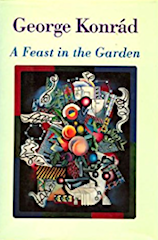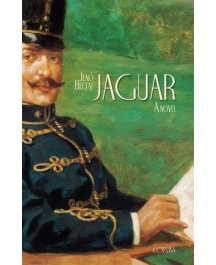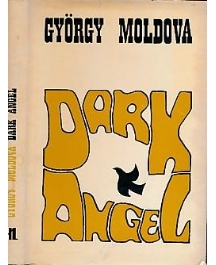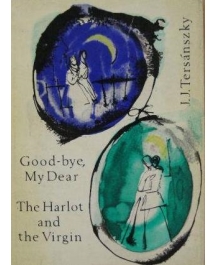Leírás
Set in the claustrophobic world of Budapest intellectuals during the late 1980s, the novel dips into the historical (and imaginary) past. Notably, writer David Kobra describes Jewish life in a small Hungarian village just before the Holocaust as he reminisces about his father, a gentle, cosmopolitan man who is eventually arrested and his property confiscated. David himself escapes a mass deportation by bribing local officials and fleeing to Budapest; his cousin Klara is taken to the Danube to be shot–then spared when her captor runs out of bullets. Kobra’s monologues are interrupted by other Jewish voices, including those of Melinda, who is having an affair with Janos, a promiscuous, world-renowned academic; and Klara, now embittered and middle-aged, who thrives in bohemian New York. Their pretentious conversations and stunted lives form a stark contrast to the turbulence of the ’40s. Wrestling with an abundance of material, Konrad has produced an ambitious but ultimately incohesive narrative.





